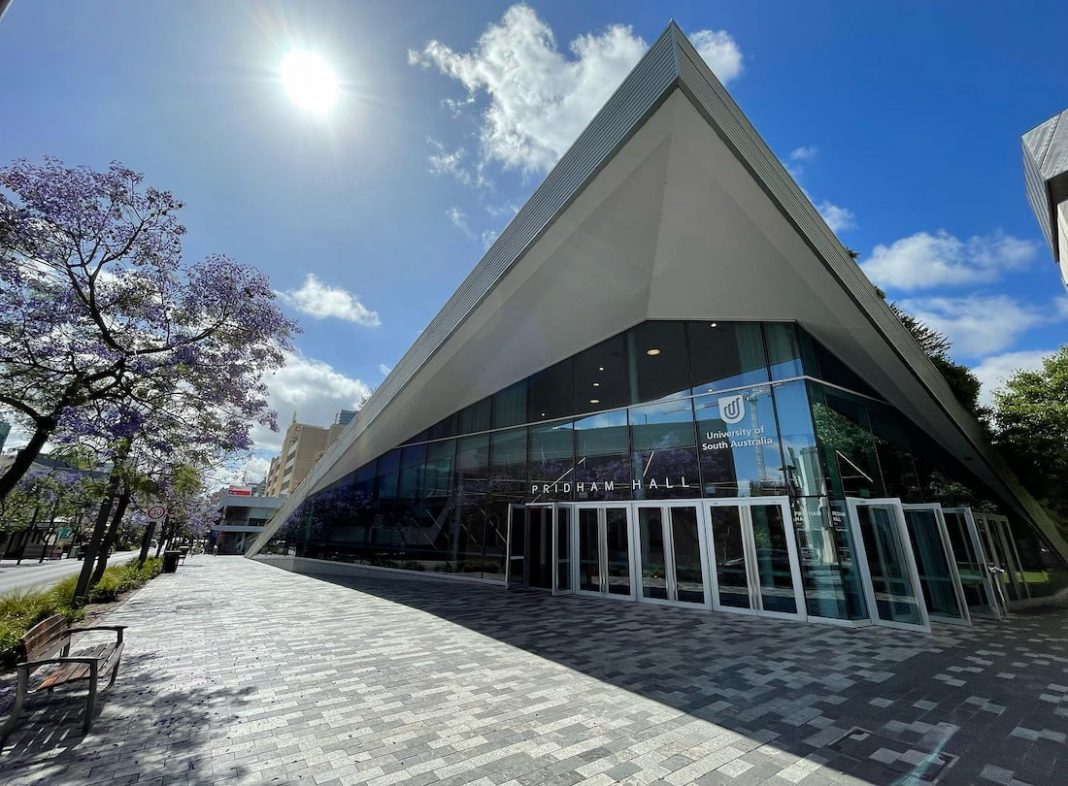As university students settle into semester one, education experts at the University of South Australia are calling for broader community supports to prioritise the health, wellbeing, and social connection of international students as they live and study in Australia.
The call follows the Australian Government’s Australian Universities Accord which aims to align a quality higher education system with the nation’s needs, with one priority area being international students.
International education is among Australia’s most valuable exports and an important economic driver. It is South Australia’s largest services export and is acknowledged to support 11,800 jobs. At a national level prior to COVID-19 it contributed +$37.6B to the economy.
The latest data from the Australian Bureau of Statistics confirms almost 143,000 students arrived in February, 93,270 more than in the same month last year.
Now, new research from UniSA education sociologist Dr Hannah Soong shows that there is a need for universities to find for a more divergent and coherent way of supporting international students and, importantly, prioritising their wellbeing.
The study found that there is great potential for international students to be supported by domestic and diasporic members of our local communities, working in collaboration with the tertiary education sector. This support is even more crucial as the current tight housing market and rental crisis will impact their wellbeing.
Synthesising the voices of onshore international students across multiple education institutes, the study provided a range of insights into their experiences during the pandemic which are still relevant today. They include:
- 90% voiced financial stress and anxiety due to job loss/reduced support from home
- 70% felt isolated and craved additional interaction
- 65% felt a loss of ‘affiliation’ usually gained from their families
- 60% made conscious choices to eat less to make ends meet.
UniSA researcher, UniSA’s Dr Hannah Soong says that Australia’s education system needs to adopt a more holistic approach to supporting international students’ wellbeing.
“When international students come to study in Australia, they’re taking a leap into a new country and culture. Understandably, they’re often out of their comfort zone and need all the support they can get,” Dr Soong says.
“Adjusting to life overseas is challenging. Students try to make friends, find a house or a job, and sometimes even need to learn a new language. So, it’s a challenge from the get-go.
“But amid the pandemic, things were far worse. Many students had to drastically cut back on food, others struggled to pay rent or lost their jobs, and many more felt guilty about using their family finances to cover their study. This is where we really saw the gaps in the overall international student experience.
“Ultimately, our study points to international students being only somewhat supported with lots of room to improve, especially when it comes to managing general living, expenses, socialisation, and belonging.”
The study has instigated a new UniSA-led initiative – the International Student Wellbeing Network (ISWN) team – a group of education leaders and community partners to help international students better access, navigate, and make sense of Australian education, culture, and society.
UniSA Business Development Manager, Dino Rossi says the ISWN aims to deliver greater cross-cultural engagement, increased opportunities for domestic-international interactions and understanding, and closer connections with community networks outside the university.
“Student wellbeing is a key part of a first-class education and overseas experience, but it must have a holistic focus,” Mr. Rossi says.
“By prioritising current onshore international students’ wellbeing – through a model of ‘university-community partnership’ – we can increase the opportunities for international students to connect with, lean on, and get advice from our community networks.
“With the support of like-minded, community-driven partners we can improve the experience of our international students through establishing stronger ties with community and society. An outcome that offers to deliver a broad range of benefits for everyone.”



